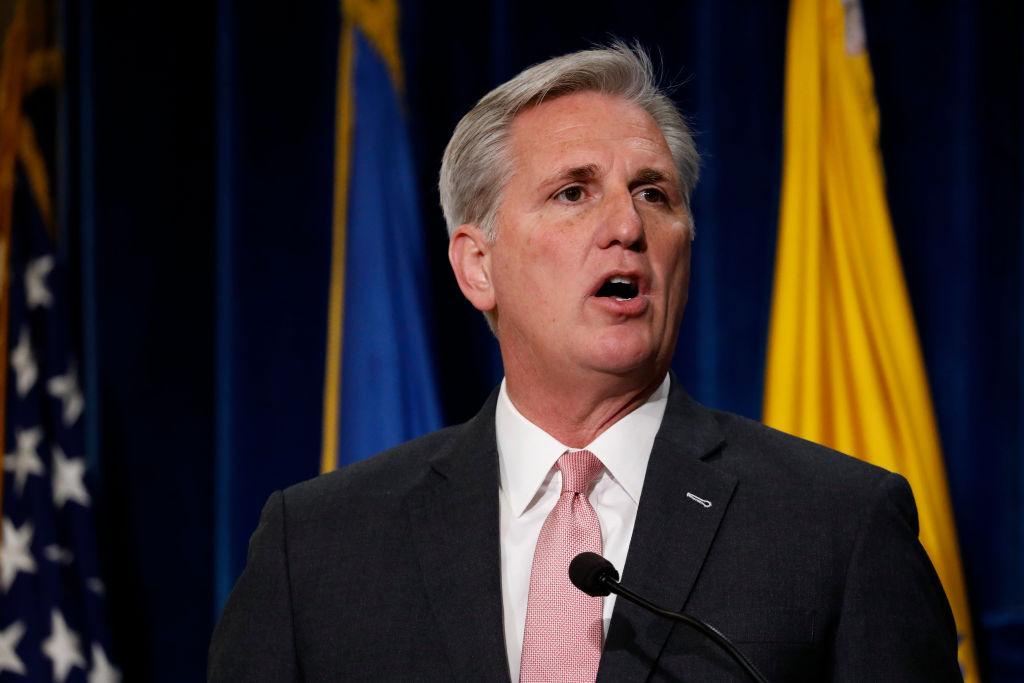Republican Lawmakers have criticized a resolution on the impeachment inquiry after it was passed in the House on Oct. 31, saying that it was a move to legitimize an unfair process.
The House of Representatives voted 232-196 to allow H. Res. 660 to pass on Oct. 31. The resolution establishes rules on how the impeachment inquiry against President Donald Trump would move forward, such as how public hearings will proceed, how documents and transcripts will be released to the public, and who will be able to question witnesses.




